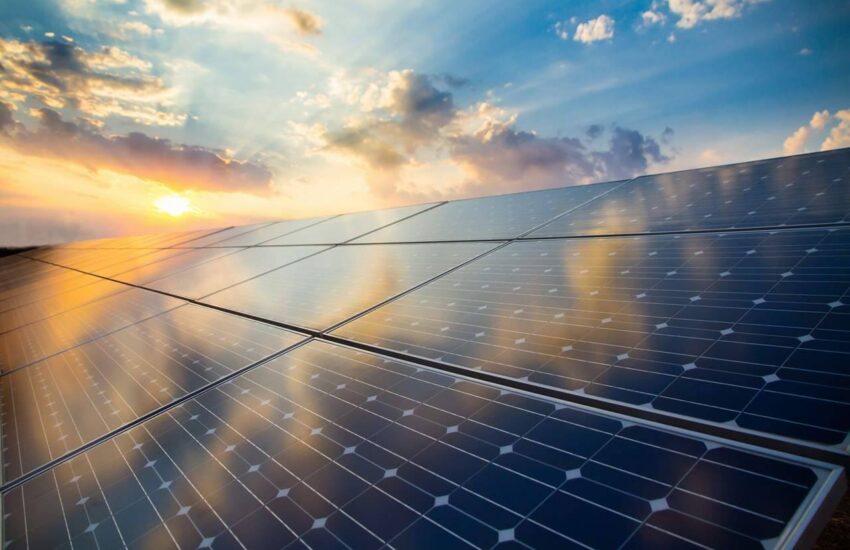When you are using the solar power specifically, you are trying to keep up your own sustenance. With the idea of eco-friendly living, the demand for solar for tenant is on the rise. In fact, it is a preferred means of energy source for landlord solar.
Did you know?
According to the Australian Renewable Energy Agency, more than 30% of Australian residences have rooftop solar (ARENA). Solar power generates about ten percent of Australia’s electricity, making it the country’s fastest-growing generation source.
Advantages
It lowers your electricity bill
Solar panels are supposed to reduce your power cost, which is why your neighbours have them and your father can’t stop raving about them. When you generate your own yourself, you aren’t relying on or paying for electricity from the grid.
It produces renewable energy
One of the most common reasons people install solar panels is to reduce their reliance on the grid. Because a residential home cannot purchase electricity only from a renewable energy generator, the next best option is to generate your own renewable energy.
Reduces your household’s carbon footprint
Lowering your reliance on the grid is one of the most significant individual contributions you can make. When individuals install a solar system, they are lessening the demand for non-renewable energy sources that now dominate our grid, such as coal-fired power plants.
Excess power can be sold back into the grid
When your solar panels aren’t in use, the energy is either stored in a battery or fed back into the grid, for which you will be compensated. However, until you have a lot of panels, you’re not going to make a lot of money with that money. Instead, it will help you save money on your energy bills, albeit insignificantly.
Low maintenance
Most people will only need to inspect their panels once every six months or so, and clean them if necessary. Most installers also recommend professional maintenance, however this will only be done every few years and may even be paid by your upfront cost. Make sure to inquire about any anticipated maintenance fees with your supplier.
Disadvantages
High initial investment
Solar systems aren’t inexpensive, there’s no denying it. You’ll pay for the panels themselves and then have them installed by someone else. However, depending on the time of year and which state you live in, you may be qualified for a subsidy, so check before you jump in.
Battery storage is costly
It’s pointless to sugarcoat the fact that a battery storage system isn’t cheap up front. Not only that, but the more storage you require, the higher the cost. The bright side is that solar providers frequently offer discounts when consumers buy solar panels and storage at the same time, so do your homework before committing.
Might not be suitable for your roof
The concentration of solar-paneled dwellings reduces as you approach closer to densely populated areas. Why? There are a variety of reasons for this, but one of the most important is that the close vicinity of people’s homes can affect a roof’s sun exposure. Depending on the time of day, your roof may be partly shadowed if there are large trees or buildings nearby.
On overcast days, there is less production
The amount of energy your solar panels create is determined by the amount of sunlight they receive. When it’s cloudy, your panels won’t be able to perform at full capacity, so you’ll have to rely on the grid to make up the difference.
If you relocate, you won’t be able to take them with you
Installing solar panels may be a good idea only if you plan on staying in your home for a long time. There isn’t much you can do with solar panels once they’ve been installed. If you plan to move in a year or two, the power bill savings may not be worth the large upfront expense of having them installed.

